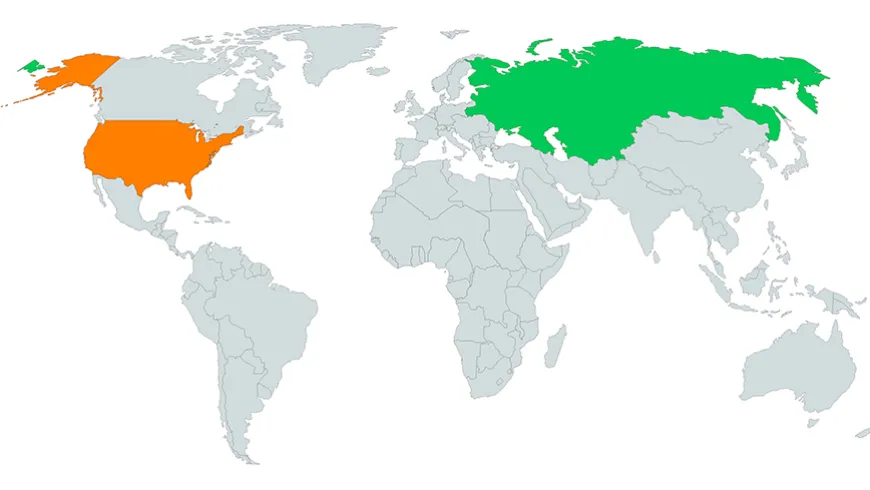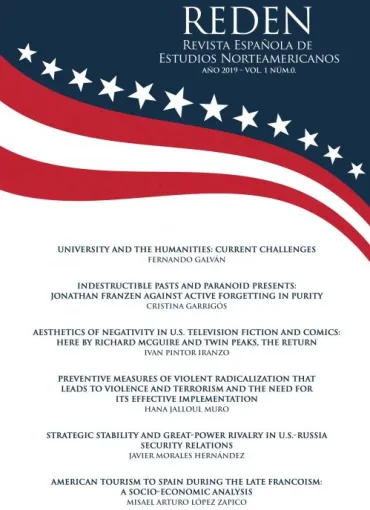
This article examines the sources of continuing competition between the U.S. and Russia during the Trump Administration, on two different dimensions. First, at a structural or systemic level of analysis, we identify the main trends in the evolution of the post-Cold War international system, where the relative decline of the U.S. prepared the ground for a new era of great-power rivalry. Secondly, we look at Russian perceptions of the U.S. strategy and how images of the Western “Other” are still derived, to a great extent, from previous experiences of confrontation. In the third section, we present the uncertain future of nuclear disarmament as an example of how this climate of bilateral competition is affecting negotiations on the highly sensitive issue of strategic stability. The fourth section deals with the controversy over how much this confrontation resembles the Cold War, as well as the inaccuracies of the concept of “hybrid war” to describe the Russian strategy toward the West. Finally, our conclusions will try to assess the prospects for U.S.-Russia cooperation in an international and domestic environment that does not seem favorable for reaching constructive agreements.


